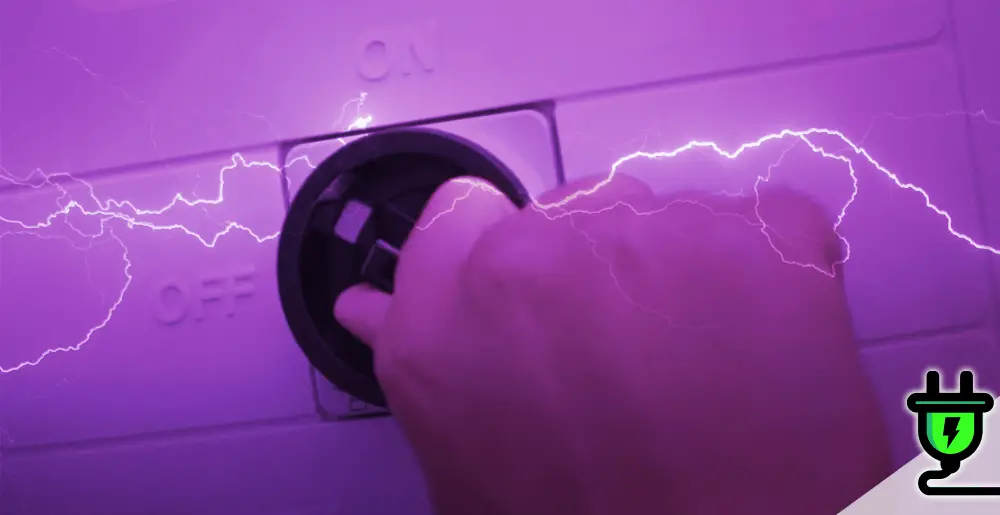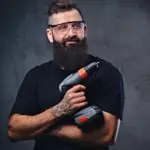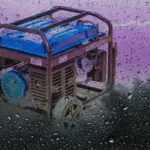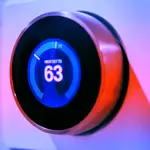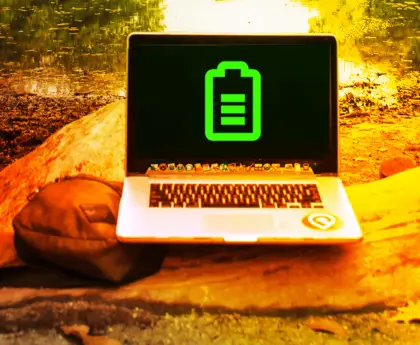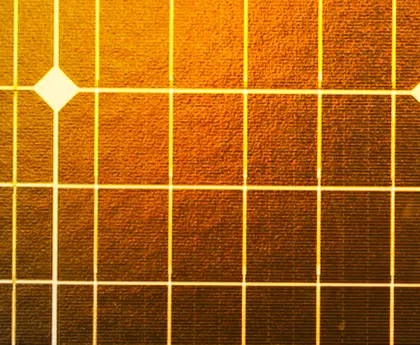As a solar panel owner, you know that keeping your panels clean is important. If you find yourself wondering, do I need to turn off solar panels to clean them? Then you landing on the right guide.
Because solar panels generate and store electricity, you should always turn off the solar panels before cleaning. By turning off the solar panels, it reduces the chances of being electrocuted.
While the process of storing electricity from the suns rays occurs in a protected glass and aluminum enclosure, it’s still a possible hazard and potential risk of electrocution. Therefore, it’s always best to turn off the solar panels before you begin cleaning.
Truth is, when cleaning anything that is powered by electricity, it’s always best to air on the side of safety.
In this guide, we’ll take a look at why you should always turn off solar panels before cleaning, and answer some common questions regarding shutting power off to the solar panels. Let’s get to it.
Why You Should Always Turn Off Solar Panels Before Cleaning
When you think about it, the idea of generating and storing electricity in a safe environment is nothing short of incredible.
And that process of solar panels generating and store electricity all happens in a well engineered, protected glass and aluminum enclosure. But it still can pose a possible hazard and the risk of electrocution.
The reason for concern is that the electricity that’s generated in solar cells is known as direct current (DC), which has a continuous flow. This is dangerous because if exposed to direct current, it’s more likely to “freeze” you making it almost impossible to pull away in a shock scenario.
In fact, any amount of current over 10 mA (0.01 amp) is capable of producing painful to severe shock. Electrical currents between 100 mA (0.1 amp) and 200 mA (0.2 amp) are potentially lethal.
I should stress that, getting shocked by a solar panel while possible is rare. Solar panel manufacturers go to great lengths to engineer panels that can withstand whatever mother nature throws at them, including hail. So generally speaking, the panel electronics are well protected from moisture.
However, even the smallest shock from a solar panel can kill you. Truth be told, even the smallest crack in a solar panel has the potential to shock and electrocute you while cleaning.
As you can imagine, the answer to the question: do I need to turn off solar panels to clean, is a resounding YES!
How to Turn Off Solar Panels for Cleaning
If you’re thinking about how to turn off your solar panels for cleaning, there are a few things you should keep in mind. First, be sure to consult your owner’s manual before doing anything. Also, it’s likely the shutdown procedure instructions will be located on the solar system inverter.
Once you have referenced the owners manual for the proper way to shut down your solar power system, continue proceed with caution. Be mindful of where you step, and take care not to damage any components.
How to Switch Off Power to Solar Panels Connected to a Grid System
1) Go to the Solar Panels Sub Board
Locate the solar panel’s main switch on the sub board and switch it from “on” to “off”
2) Locate the DC Isolator Switch on the Inverter Box
Find the switch with the label “Inverter Isolator” on the inverter box and turn if off
3) Restart Solar Panels After Cleaning
Once the solar panels have been cleaned, reverse these steps to turn the solar system back on. Meaning, the inverter isolator switch turned back on first, them the main switch on the sub board turned back on.
Switch Off Power Procedure for Solar Systems That Has a Battery Storage or is Off-Grid
For solar systems that have a battery storage or are off the grid, you will need to turn off the DC breaker of the combiner box. Next, turn off the DC breaker found on the battery storage.
As mentioned previously, check the owners manual or consult your solar system installer regarding the proper procedures for turning off the power to your particular system.
Your specific solar panel might contain a slightly different configuration for shutting down.
How Can You Get Electrocuted While Cleaning Solar Panels?
While solar panels in good working order are not dangerous at all, it is possible that damage has occurred and not always visible upon first inspection. So, precautions should be taken.
There are potential ways you may get shocked or electrocuted when cleaning solar panels. For example, cleaning a solar panel that has a crack in the glass panel. Always inspect the panels for cracks before cleaning.
Or, if you notice damage to the ground wire, or the wire itself is no longer running into the ground, that is another possible shock hazard.
If you are unsure what the ground wire looks like, it may be a bare copper, green or green and yellow mixed wire.
Another potential shock hazard situation is when small critters have chewed through the wire coatings, exposing the metal wire to the elements.
This is why it’s so important to turn off the power to the solar panel system before cleaning.
When is it Safe to Turn Solar Panels Back On After Cleaning?
It’s okay to turn your solar panels back on once the cleaning is complete, and all tools and hoses have been removed from the roof. Just make sure you follow the proper producer as outlined in your owners manual for turning back on the solar panels.
Final Thoughts: Do I Need To Turn Off Solar Panels To Clean
Although it’s unlikely that you’ll be injured while cleaning your solar panels, it’s always best to be safe. While the process of storing electricity from the suns rays occurs in a protected enclosure, it’s still can be a potential risk of electrocution.
Fact is, severe weather and small animals can compromise the electrical protections built into the panels. So it’s best to just play it safe and make sure to turn off the system before beginning the cleaning.
